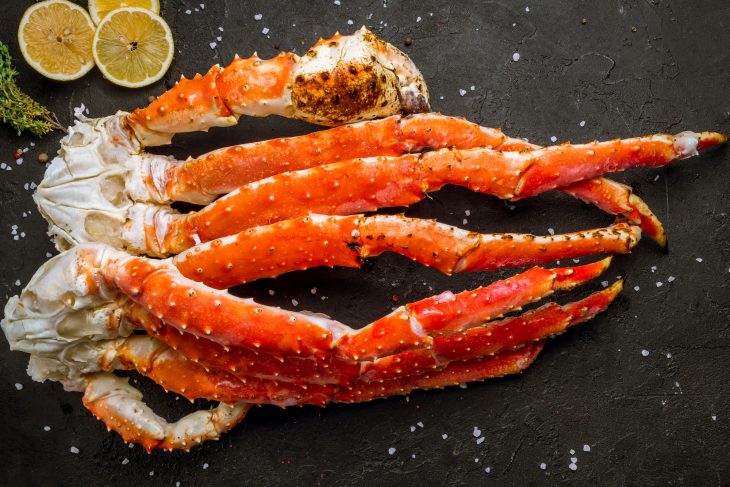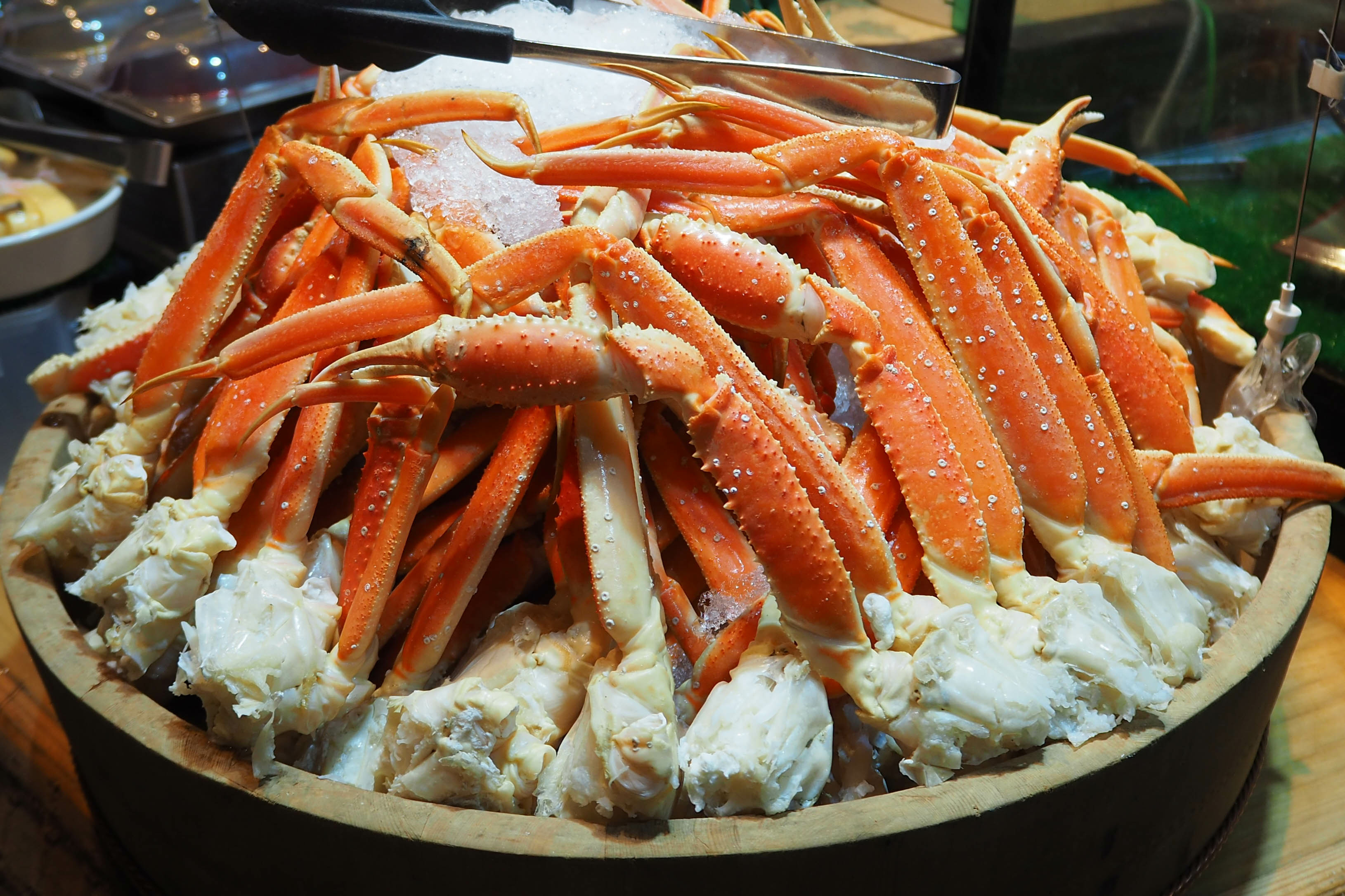
Crab legs are not only a sumptuous seafood delicacy but also a fantastic source of essential nutrients. Whether you’re a seafood aficionado or looking to add variety to your diet, crab legs offer a delectable and nutritious option. In this article, we delve into the nutrition facts of crab legs, exploring their protein content, vitamins, minerals, and more. Join us on this culinary journey to discover the health benefits these delightful crustaceans have to offer.
High-Quality Protein
Crab legs are a protein powerhouse. With each succulent bite, you indulge in a rich source of high-quality protein. Protein plays a crucial role in building and repairing tissues, supporting muscle growth, and boosting overall health. Incorporating crab legs into your diet can provide an excellent protein source, particularly for individuals following a low-fat or low-calorie eating plan.
Low in Calories
For those watching their calorie intake, crab legs make a fantastic choice. Compared to other meat and seafood options, they are relatively low in calories. Enjoying a serving of crab legs allows you to savor their exquisite flavor without worrying about excessive calorie consumption. It’s a win-win situation where you can indulge in a delectable treat while keeping your waistline in check.
Rich in Essential Minerals
Crab legs offer a treasure trove of essential minerals that promote optimal health. These include:
- Selenium: Crab legs are an excellent source of selenium, a powerful antioxidant that helps protect the body against oxidative stress and supports a healthy immune system.
- Copper: Copper plays a vital role in energy production, collagen formation, and iron absorption. Including crab legs in your diet can help ensure an adequate intake of this essential mineral.
- Zinc: Crab legs are a good source of zinc, which is essential for immune function, wound healing, and DNA synthesis.

Vitamins for Vitality
In addition to minerals, crab legs contain a range of vitamins that contribute to overall vitality. These vitamins include:
- Vitamin B12: Crab legs are an excellent source of vitamin B12, which is crucial for nerve function, the production of red blood cells, and DNA synthesis. Adequate intake of vitamin B12 is vital for maintaining optimal health.
- Vitamin C: Although not as abundant as in citrus fruits, crab legs still offer a modest amount of vitamin C. This vitamin acts as an antioxidant, supporting immune function and collagen synthesis.
Omega-3 Fatty Acids
Crab legs contain omega-3 fatty acids, which are essential fats that provide numerous health benefits. These fatty acids contribute to heart health, brain function, and inflammation reduction. Including crab legs in your diet can help you meet your omega-3 fatty acid needs in a delicious and satisfying way.
Conclusion
Crab legs not only satisfy your taste buds but also offer a plethora of health benefits. From their high-quality protein content to the abundance of essential minerals and vitamins, these delectable delights are a nutritious addition to your diet. So, the next time you’re craving seafood, consider indulging in a plate of crab legs to support your overall well-being.
Frequently Asked Questions (FAQs)
Are crab legs a good source of dietary fiber?
No, crab legs are not a significant source of dietary fiber. They are primarily known for their protein content, minerals, and vitamins.
Can crab legs be part of a low-carbohydrate diet?
Yes, crab legs can be enjoyed as part of a low-carbohydrate diet. They are relatively low in carbs and can provide a satisfying and nutritious option for those following such dietary plans.
Are crab legs safe for individuals with shellfish allergies?
No, crab legs are not safe for individuals with shellfish allergies. It’s crucial to avoid consuming crab legs if you have a known allergy to shellfish.
What is the best way to cook crab legs?
Crab legs can be cooked in various ways, including steaming, boiling, or baking. The cooking method depends on personal preference and desired flavors. Experiment with different techniques to find your favorite.
Can I freeze leftover crab legs?
Yes, you can freeze leftover crab legs. Ensure they are properly wrapped or stored in airtight containers to maintain their quality. Thaw them thoroughly before reheating or consuming them.
Was this page helpful?
Our commitment to delivering trustworthy and engaging content is at the heart of what we do. Each fact on our site is contributed by real users like you, bringing a wealth of diverse insights and information. To ensure the highest standards of accuracy and reliability, our dedicated editors meticulously review each submission. This process guarantees that the facts we share are not only fascinating but also credible. Trust in our commitment to quality and authenticity as you explore and learn with us.
